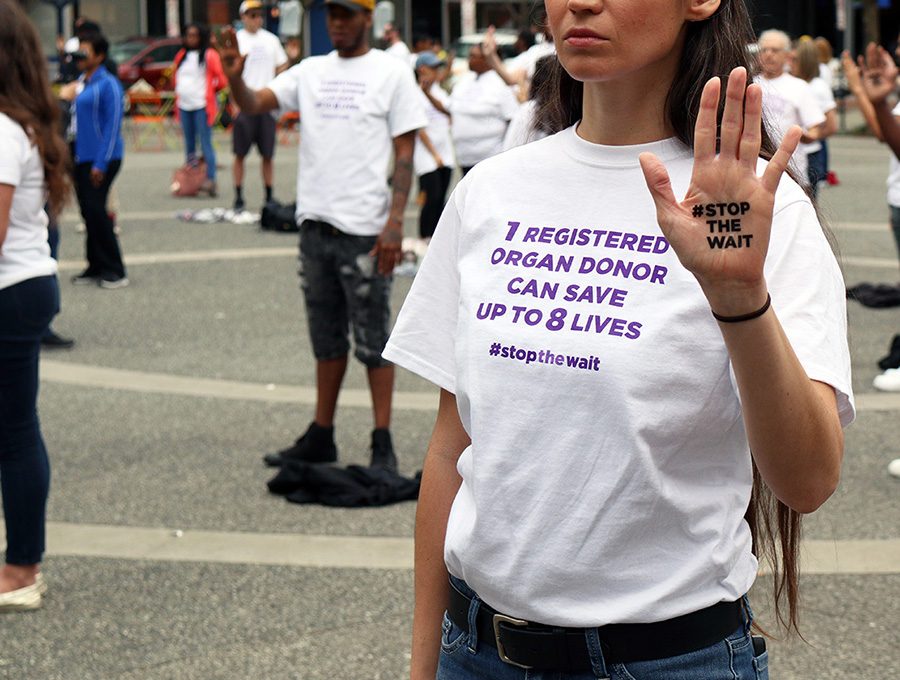Tiger Woods and Nike, Michael Jordan and Hanes, Queen Latifah and Cover Girl, what do they all have in common? Companies like Nike, Hanes, and Cover Girl use stars to sell their product, which can be called celebrity endorsements. These advertisements can be seen on television, in magazines, heard on the radio, even seen on billboards. Do professionals believe that celebrity endorsements hold a strong ground in selling a product? Can consumers really be persuaded by the charm and looks of the celebrities?These are some questions that can arise with advertisers and using celebrities to promote their products.Celebrity Endorsements, or Testimonials, are defined by the FTC as an advertising message that consumers are likely to believe reflects the opinions, beliefs, findings, or experience of a party other than the sponsoring advertiser. This is according to Don R. Pember and Clay Calvert authors of Mass Media Law book used in Media Law course.Professional opinions vary when it comes to celebrity endorsements. One website, Celebrity Endorsement Network states, “Celebrities get the viewer’s attention: but whether they work to sell the product depends on proper celebrity casting.” For example, Queen Latifah is one of many celebrity endorsers for Cover Girl that has been going strong for years. Cover Girl and Queen Latifah have also come together to make Queen Latifah’s own makeup line called Cover Girl Queen Collection. She is one who sheds light to the product with her beauty and personality that could persuade female consumers to buy Cover Girl products. Celebrity Endorsement Network believes it is all about the celebrity and if they truly are right for the product they are asked to promote.Lida Orzeck, chief executive of Hanky Panky Ltd., a lingerie company, when asked about endorsement deals during an interview with Wall Street Journal agreed that celebrity endorsements have a big deal with sales.”If one celebrity wears your dress at the Oscars, your sales go through the roof,” says Orzeck. Brandeo.com states that celebrities have all the potential to increase sales but it can be a “tricky” brand building strategy. They state you may get some celebrities that seem like a good idea to endorse your product but it could end up backfiring on the company. Giving an example of Kobe Bryant’s endorsements with Nutella and McDonald’s, which were dropped after he was arrested for rape, explains how some celebrity endorsements have to be taken with caution. According to Hamish Pringle, who wrote Celebrity Sells in 2004, “There is research to show that consumers lose confidence in celebrities who do too many things. Consumers understand that celebrities are paid, so why should they be believed?” There are those professional opinions that see both the disadvantages and advantages of such endorsements there are also opinions that the average person could show the same disadvantages and advantages.Dr. Johan Yssel, Associate Professor of Advertising and Public Relations at Point Park University rejected the idea of using celebrities to endorse your product. With his extensive work in advertising and teaching advertising his opinion is very crucial on how students should view celebrity endorsements. “Definitely, not!” was Dr. Yssel’s answer when asked if celebrity endorsements persuade consumer buys, “Because people are not stupid.” People the consumers are what he is referring to. He explained how consumers do not see the use in celebrities selling a product to them. The consumer, “have to buy the whole history of that celebrity,” says Yssel. While talking with Yssel, he told of how he once did use a celebrity to sell a product and it did not work as well as they would have liked it to. It cost more paying the celebrity then earning the profits on the product they were promoting. Constantly repeating, “they are not stupid”, Yssel does make a major point. Consumers are not all persuaded by looks and charms of the celebrities chosen to endorse a product or service. As advertisers, it is their job to sell a product but yet remembering consumers are not easily persuaded. In order to sell, advertisers have to think like a consumer, would they believe a celebrity when trying to sell a product? However there is the other point that maybe it all comes down to who you are targeting.Two Point Park students see celebrity endorsements as a great way to advertise a product. Alisha Valerie, 23, a junior, in Advertising and Public Relations said without a doubt, “Yes! Celebrity Endorsements work.” “Because people look up to celebrities, they want to be like them and they believe the celebrity uses that product.”Atta Barker, 21, a senior also in Advertising and Public Relations agrees with Valerie. “Yes, because people have a connection with their favorite celeb and if they see that celeb using it they’ll try it out to be like them,” said Barker.Both also had agreed that it does depend on the target market they are trying to reach. Valerie said, “Yes it depends on the target market but celebrity endorsements target younger markets anyways. They are not gonna use Brittany Spears for older people. They use her for MTV or VH1 things like that.”It all does depend on the target market being reached. Young teenagers are always looking for fashion trends and when they see their favorite celebrity with a new trend, the majority of the time they want it. 16-year-old, Tiffany Goonitelleke proves this point. “I love to have the same things like clothes, shoes, or accessories as my favorite singer Gwen Stefani,” says Tiffany after being asked if she thinks celebrities have an impact on what she buys. Having the same trends as the celebrities makes the younger generations, “part of the cool fashion trends going on,” states Tiffany. In other cases, for older generations it does not work because they want the quality and affordability of a product or service rather then what is in and what is out.









